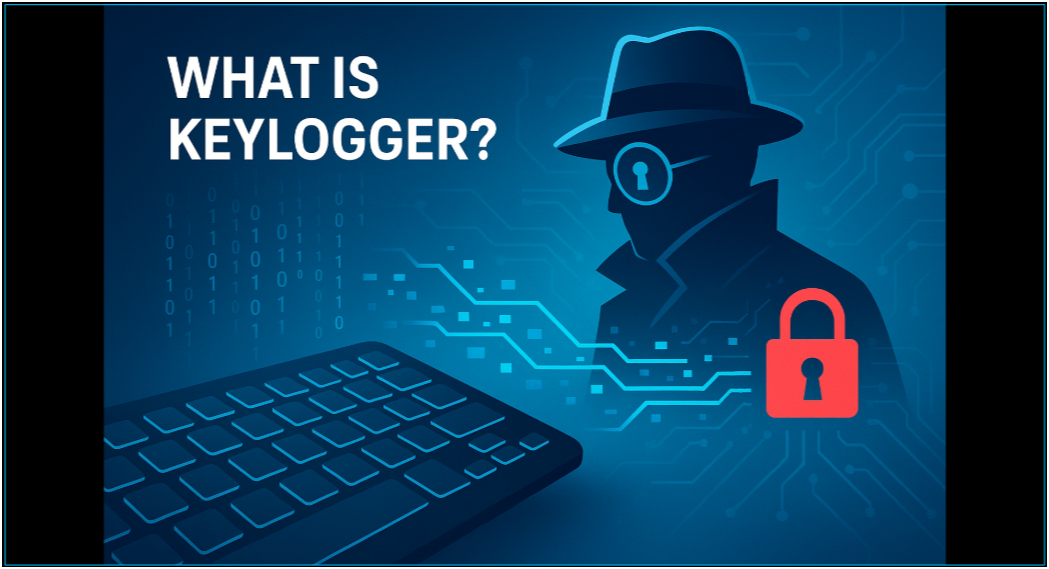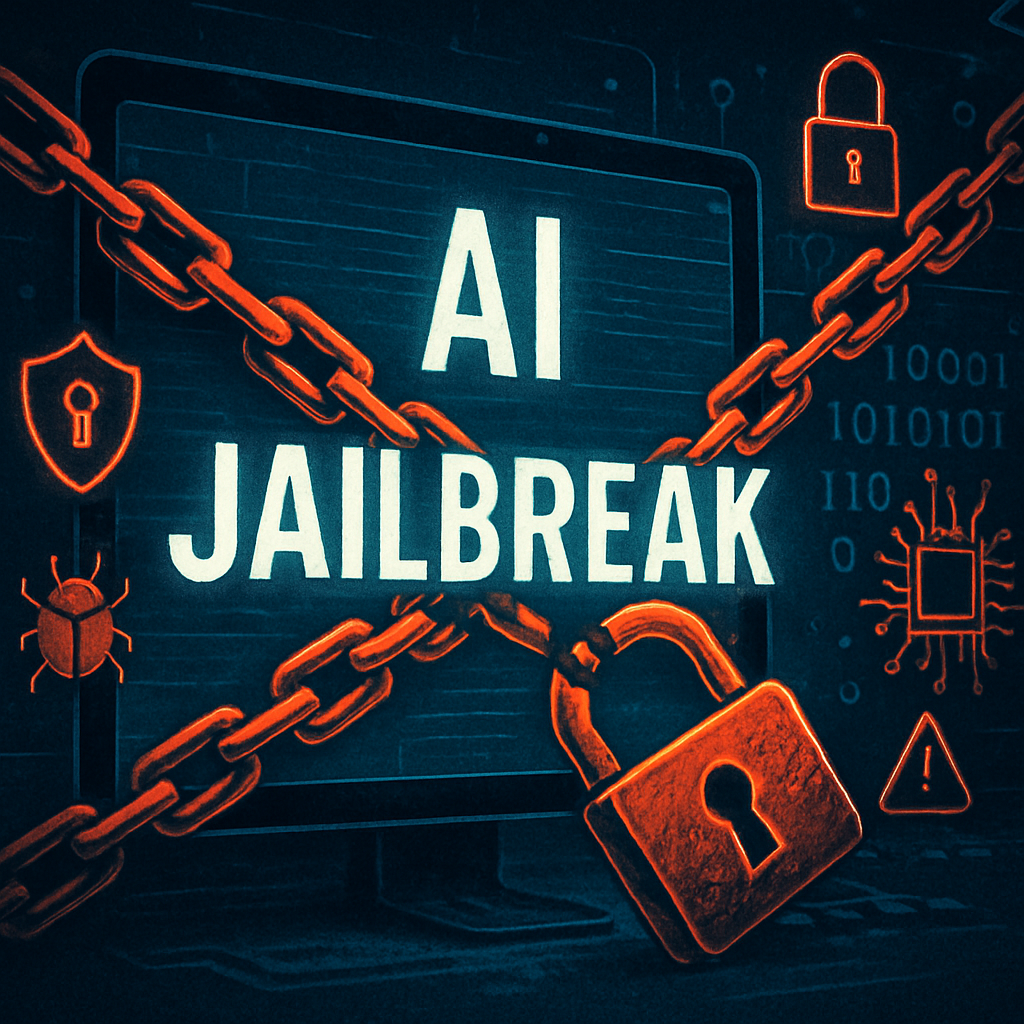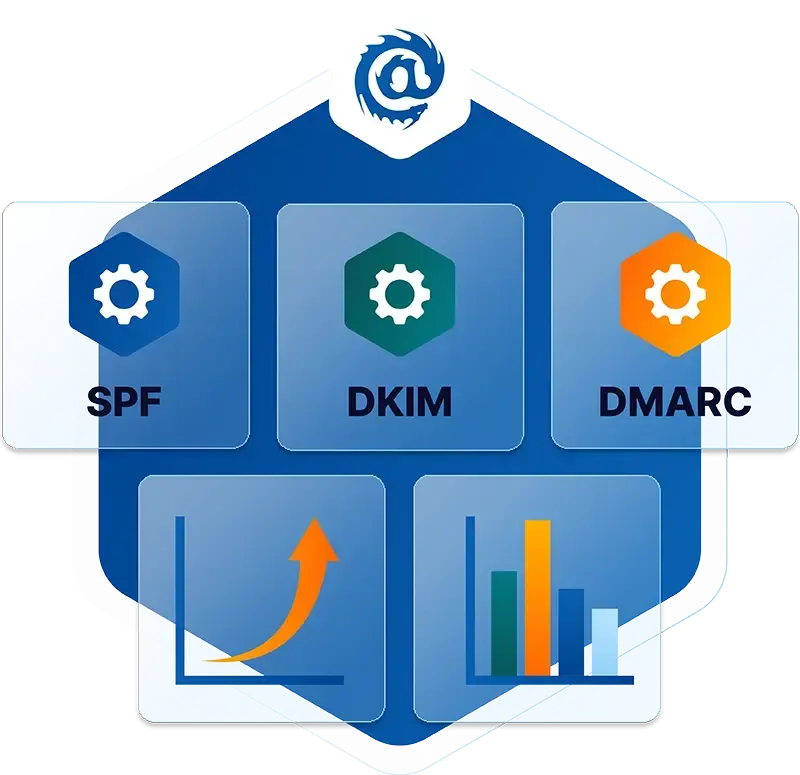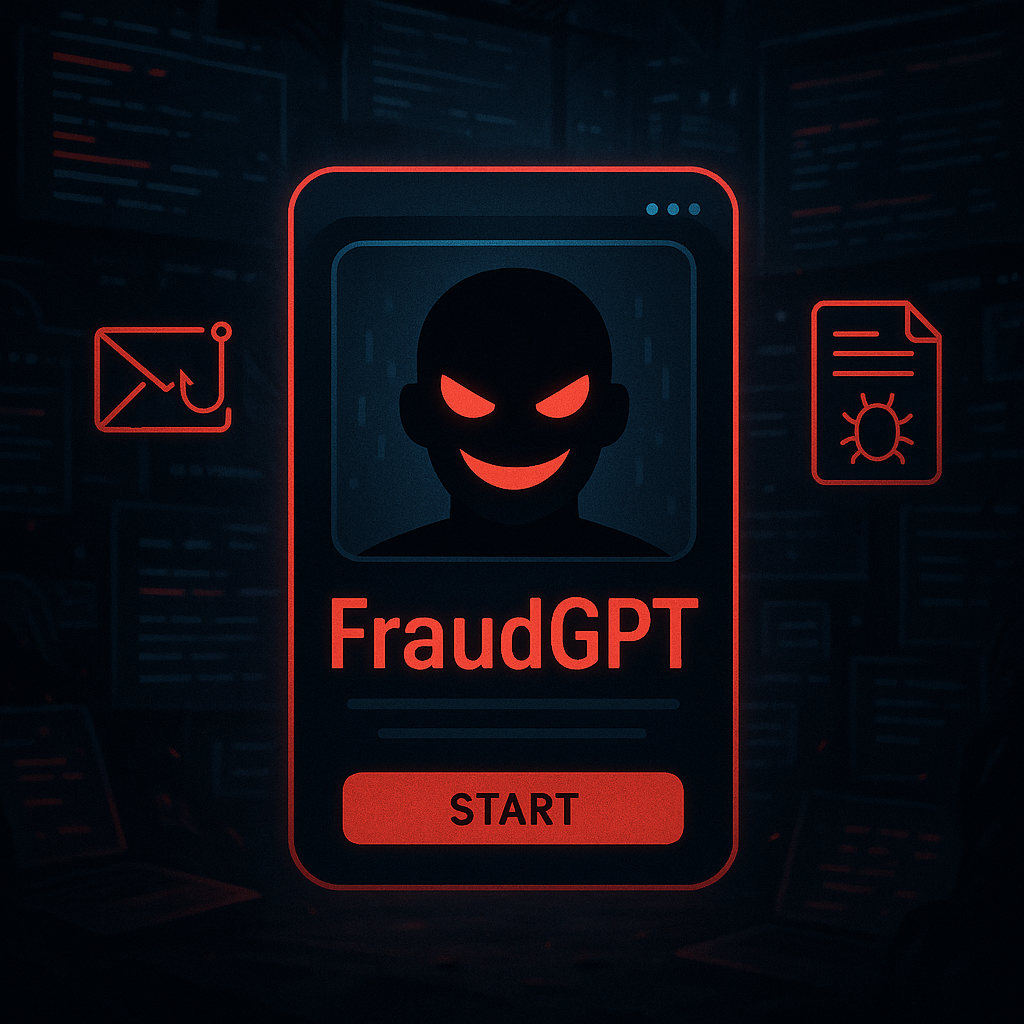Table of Contents
Vendor Email Compromise Explained
Vendor Email Compromise (VEC), sometimes referred to as Vendor Impersonation or Vendor Spoofing, is a type of cyber attack in which an attacker gains access to a vendor’s email account and uses it to send fraudulent emails to the vendor’s customers. The emails appear to come from the vendor and are designed to trick the customer into transferring money or providing sensitive information. Through VEC, attackers can steal data, money, or other valuable resources from the vendor’s customers.
Email is one of the primary methods attackers use to gain access to a company’s systems and data, and vendor-based email attacks are especially effective as they appear to come from a familiar and trusted source.
How does Vendor Email Compromise work?
VEC typically begins with the attacker gaining access to the vendor’s email account. This can be done through phishing attacks, in which the attacker sends an email to the vendor containing malicious links or attachments. If the vendor clicks on the link or opens the attachment, they unknowingly download malicious software that gives the attacker access to their account.
The attacker can then use the compromised account, or via impersonation, send emails that appear to come from the vendor and are designed to fool the customer into believing they are legitimate. The emails can contain instructions to transfer money, provide sensitive information, or click on a malicious link.
Once the customer has taken the requested action, the attacker can then use the stolen data or money for their own gain. In many cases, they use the stolen information to launch other attacks, such as financial fraud or identity theft. VEC is particularly dangerous because it can be difficult to detect since it originates outside the target organization and verification requires a third party. Often times the victim may not realize their mistake until it is too late.
What are some examples of Vendor Email Compromise?
VEC attacks can take many forms, but some common examples include:
- Invoice fraud – An attacker sends an altered invoice to the customer, requesting payment to a different bank account
- Payment diversion – An attacker sends an email to the customer, instructing them to change the payment details for an upcoming invoice
- Phishing – An attacker sends an email to the customer, requesting sensitive information such as credit card details or passwords as if they are a trusted vendor or partner.
- Fake orders – An attacker sends an email to the customer, requesting the purchase of goods or services. Commonly these fake orders are modeled after previous legitimate orders from this trusted partner.
How to protect against Vendor Email Compromise
While things cybersecurity best practices like Multi-factor Authentication (MFA) and monitoring suspicious email account activity, including login IP addresses, are strong methods of email compromise prevention these do not help protect against Vendor Email Compromise. Since the compromise or impersonation of a vendor is outside the visibility and control of the target organization the goal is protection of the end-users against the VEC-based attacks and not the prevention of the compromise itself. For this you need an advanced email security solution.
Advanced anti-phishing platforms and security awareness training are two critical components an organization's email security solution needs to effectively protect against vendor email compromise.
Advanced anti-phishing platforms are designed to detect and block malicious emails from entering a company’s network. These platforms use artificial intelligence (AI) and machine learning to detect malicious emails and prevent them from reaching users’ inboxes. They can also detect emails that appear to be from known vendors, but are actually malicious imposters. By blocking these malicious emails, anti-phishing platforms can protect vendors from being compromised.
Security awareness training is also an important part of protecting vendors from email compromise. Security awareness training educates users on how to identify and respond to phishing emails. Users learn how to recognize suspicious emails and how to report them to the proper authorities. Security awareness training also covers topics such as password security and safe browsing practices, which further protect vendors from email compromise.
By implementing an advanced anti-phishing platform and providing security awareness training, companies can greatly reduce the risk of vendor email compromise. These tools help protect vendors from malicious emails and ensure that they remain safe and secure.
Vendor Email Compromise protection from IRONSCALES
IRONSCALES comprehensive SaaS platform gives you an edge against all attackers with an inside out approach to email security. The IRONSCALES platform protects your organization from VEC attacks from within the mailbox. The solution's AI analyzes all email communications establishing a baseline of normal behavior and alerting of any suspicious communications and anomalies. By cross-checking and verifying all incoming messages, IRONSCALES gives you confidence in a sender’s identity while protecting your assets — all in real-time. This allows it to detect, prevent, and protect against VEC attacks like invoice fraud, payment diversion, fake orders, and more.
Beyond the automated protections provided by IRONSCALES our solution directly integrates real-world phishing simulation testing and personalized security awareness training to educate employees on VEC attack identification and prevention best practices all in one seamlessly integrated email security platform.
Get a demo of IRONSCALES™ today! https://ironscales.com/get-a-demo/
Explore More Articles
Say goodbye to Phishing, BEC, and QR code attacks. Our Adaptive AI automatically learns and evolves to keep your employees safe from email attacks.

/Concentrix%20Case%20Study.webp?width=568&height=326&name=Concentrix%20Case%20Study.webp)












